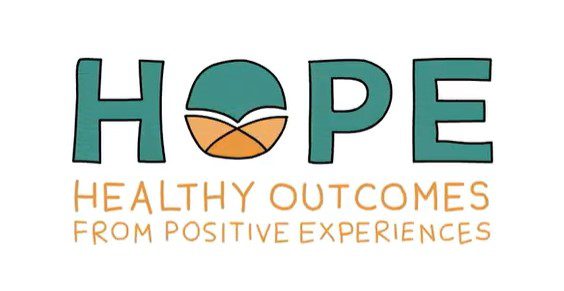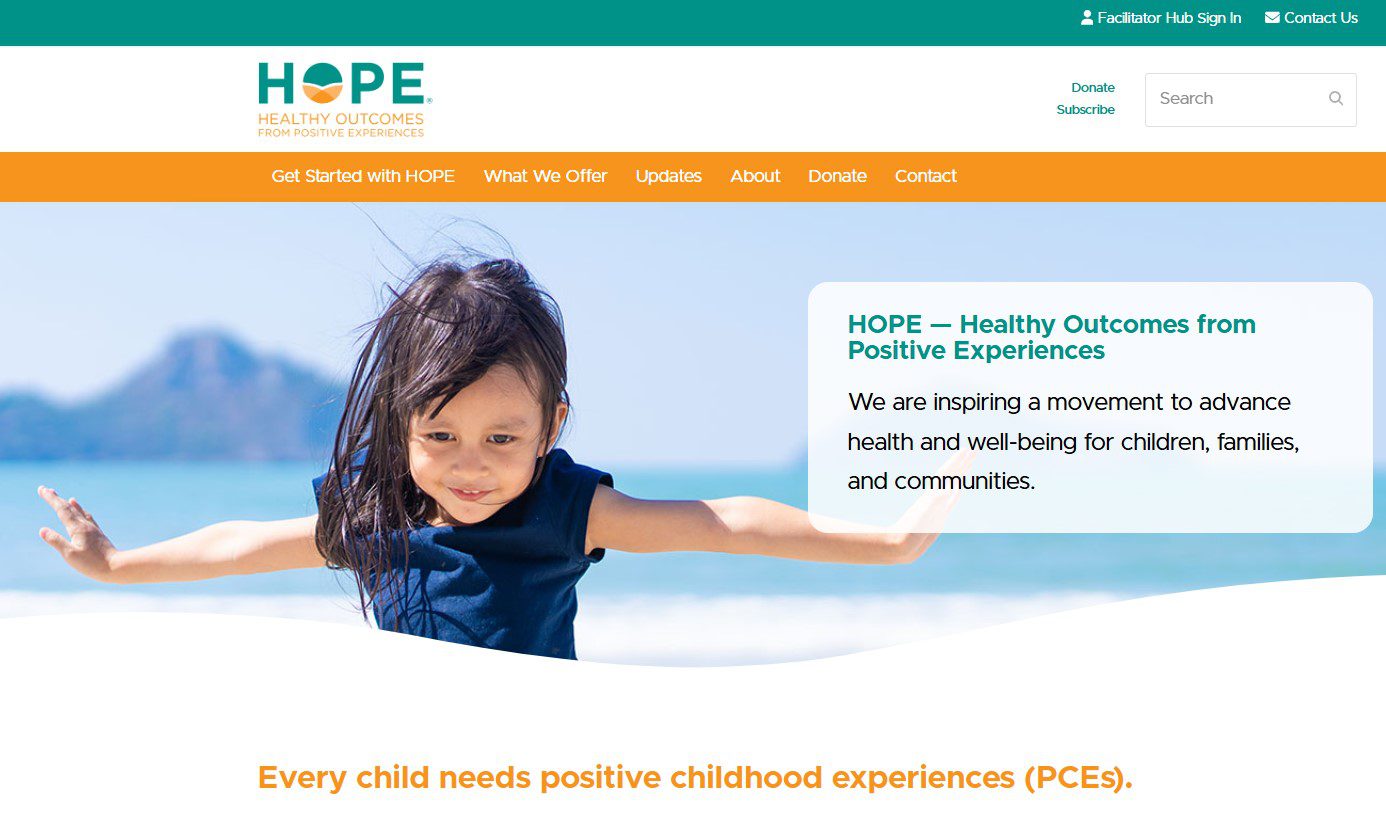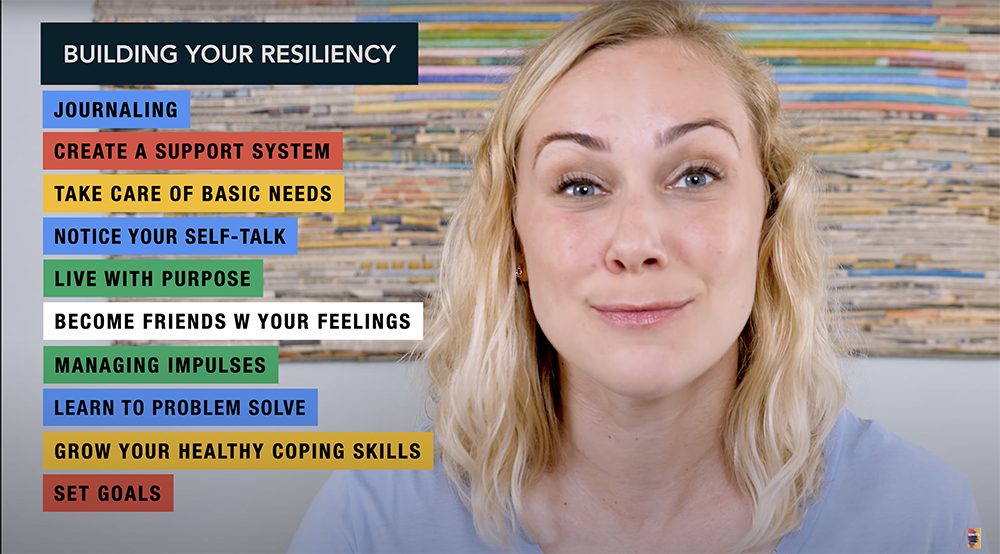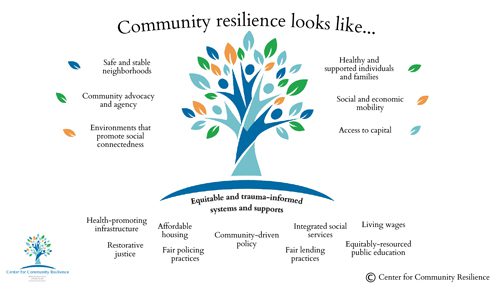
make a connection
Resilience starts by reaching out.
Resilience—the ability to bounce back from life’s stresses—can uncover the power to overcome hurtful experiences. In fact, new research shows that having Positive Childhood Experiences shapes our future even more than the hurt we may endure as young people.
Just one positive relationship can go a long way toward building resilience—a friend or family member, a neighbor, or a trusted medical professional.
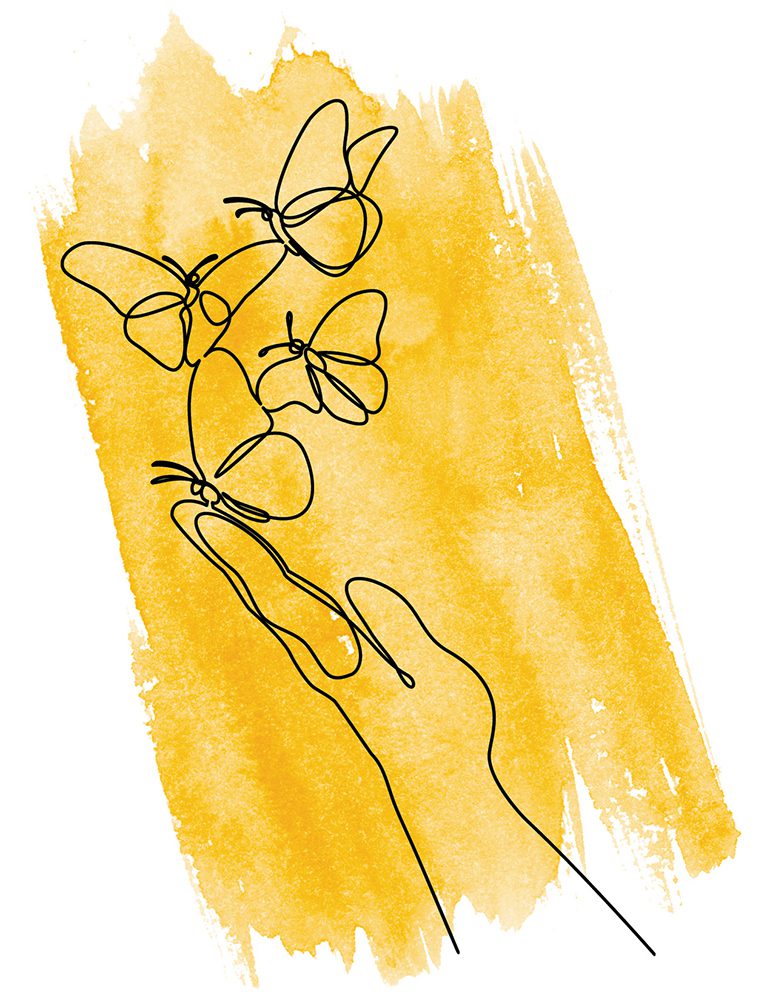
Positive Childhood Experiences (PCEs)
Understanding how trauma can impact our health and wellbeing is important. But we’re learning that it’s even more important to focus on building positive experiences into the lives of our young people. Why? The presence of PCEs can actually have a more powerful impact than the presence of ACEs.
PCEs explained
This two-minute video describes PCEs and how they have a greater impact on adult mental health than ACEs.
The science of HOPE
Boston-based researchers at the HOPE National Resource Center are leaders in understanding PCEs, who think about them as “building blocks of HOPE.”
Resources and Research
Access free resources, tips for supporting positive childhood experiences, research and more at the HOPE website.
How to build
resilience
Resilience may not be something we are born with, but it is something everyone can learn and grow.
Building resilience
This video from Center on the Developing Child at Harvard University gives an overview of building resilience.
Resilience strategies
Kati Morton, LMFT, is a licensed therapist who makes videos about mental health, including this one about practical strategies to build resilience.
Resilience University
Founded in 2020, Resilience University connects families with adequate resources and healthy coping skills to foster resilience and lower stress.
The Resilience Tree
This graphic from the Center for Community Resilience illustrates positive outcomes produced in communities with equitable access to integrated supports that prevent adversity and promote social and economic wellbeing.
Research shows that resilience-building activities can help reduce the risk of later health consequences.
Build healthy relationships
Healthy relationships with people who have similar interests or experiences as you is a huge benefit to your health.
Organizations like Oxford County Wellness Collaborative, SeniorsPlus, and River Valley Health Community Coalition, offer classes, programs, and resources that allow for connection with the greater community.
Practice self-care
Self-care is vital for building resilience toward those stressors in life that you can’t eliminate. When you’ve taken steps to care for your mind and body, you’ll be better equipped to live your best life.
Here are some resources to access free support for the body and mind:
• Healthy Living for ME (wellness workshops for older adults)
• Self-care strategies for resilience
• Western Maine Cancer Resource Center
• Make an appointment to see a primary care provider
• Make an appointment to see a mental health care provider in-person or virtually
• Connect with resources (housing, food, finances, transit ect) that will support you using your zip code in the Find Help resource
Spend time in nature
Being in nature provides a boost to our health–physically, mentally and emotionally. There are lots of great places to get outside locally.
Western Foothills Land Trust provides public access to trails and lands at their preserves across the Oxford Hills area.
Looking for more trails, or for trails in a different part of maine? Maine Trail Finder is packed with great info.
Join in supporting creating Hope Gardens through the Yellow Tulip Project, a project focused on smashing mental health stigma and building hope and resilience. Find a garden near you!
Here are some resilience-building programs for kids—some are outdoors!
• Maine Audubon kids activities
• OUTMaine
Spend time helping others
Volunteering is a great way to stay connected with your community while contributing positively. It builds internal and external resilience and generally just feels great!
Here are a few links to great regional and virtual volunteer opportunities:
Consider volunteering with local libraries, nonprofits, land trusts, schools, sports programs, hospitals, food pantries and/or through faith organizations.
People throughout our community want to help.
We don’t have to feel ashamed for hurting from things that we didn’t choose—like childhood experiences.
Shame and fear can get in the way of talking about the things that have hurt us. However, talking can be an important part of moving past hurts.
If you, your child, or your household needs help to heal and thrive, please reach out.
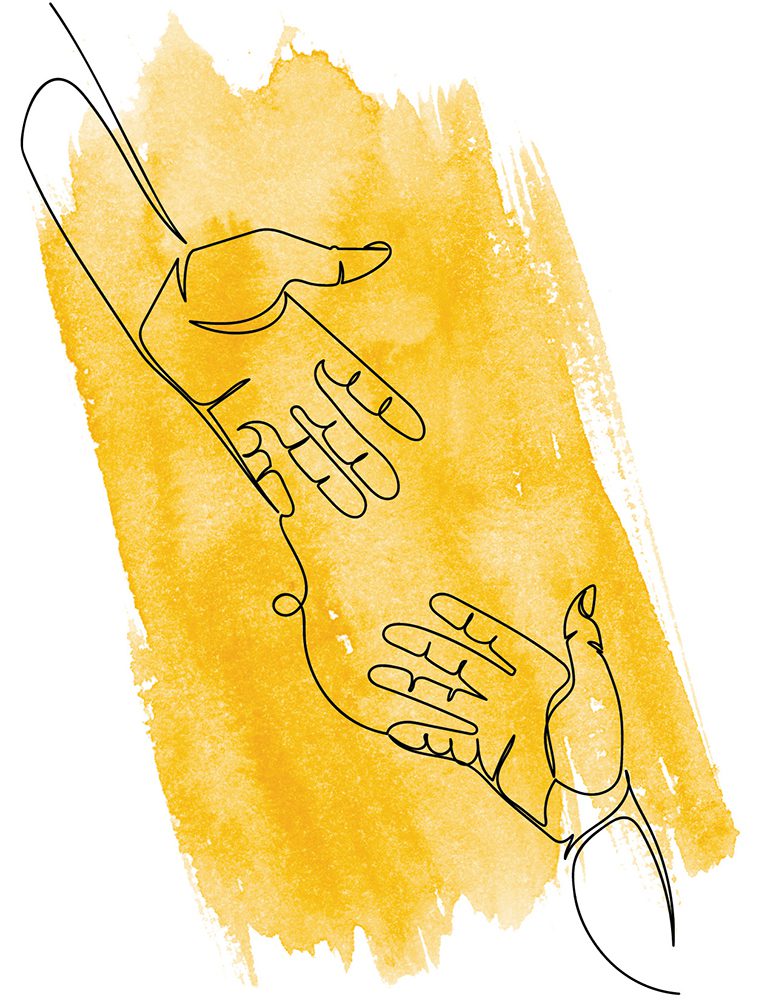
Learn more
Want to be connected to others who are working to support resilience? Check out these organizations:
Maine Youth Thriving
Maine Youth Thriving connects people across the state who are working to improve understanding of ACEs and PCEs and the importance of resilience. They provide regular learning and networking events, insightful reports, and a fantastic biannual conference.
PACEs Connections
Positive & Adverse Childhood Experiences (PACEs) Connections offers a website packed with great resources and a great newsletter with news, research and reports.
What are ACEs?
The hurtful things that happen to us when we’re young can have lasting impacts on our health and wellbeing. The more hurts we experience, the greater the impact may be.
Healthy Oxford Hills • 181 Main Street, Norway, ME 04268 • (207) 744-6191


